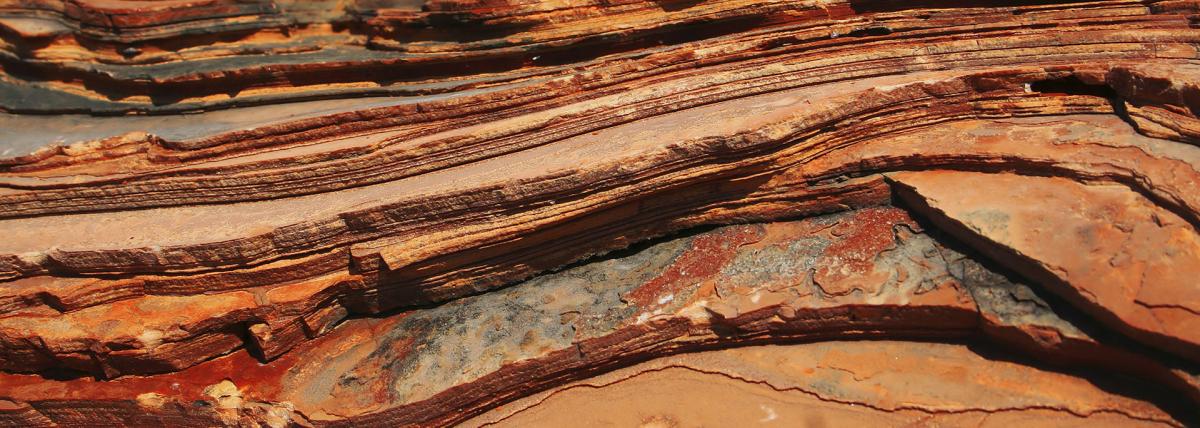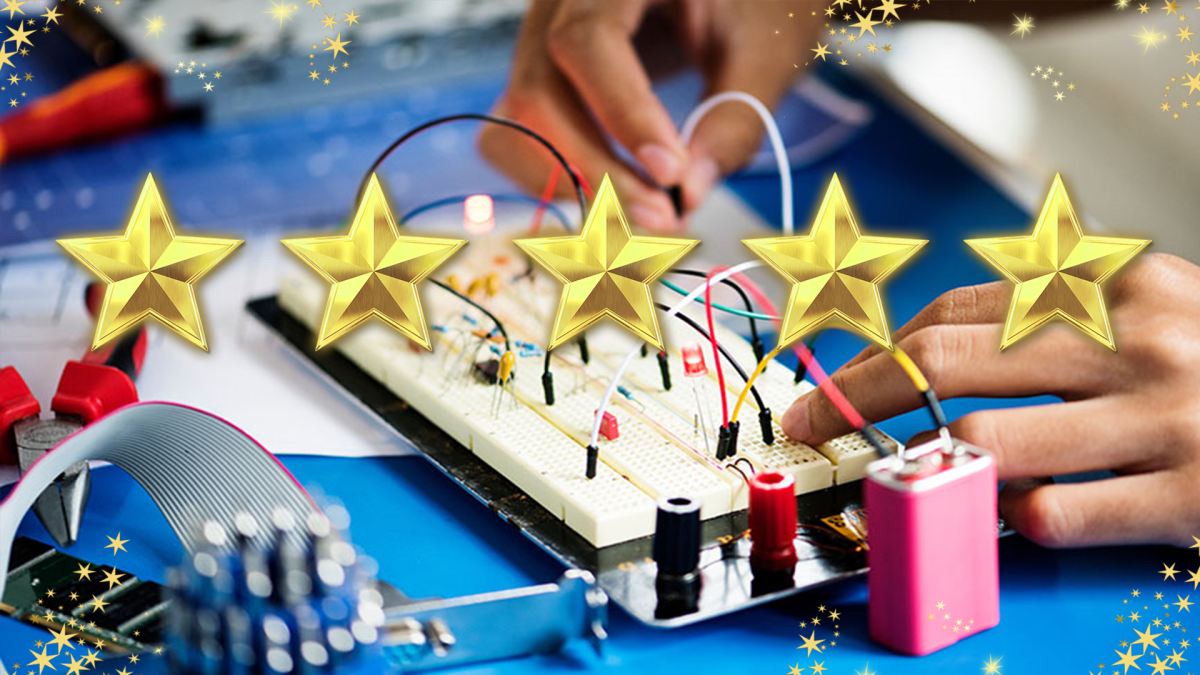Grades:
4th Grade
Students will learn how weather and climate can impact planting in this second lesson out of 4. Agenda What is weather? What is climate? What is the difference between weather and climate? How will
Grades:
7th Grade
Students (over 2-3 days) use BricQ parts and pieces to create a lab to test how mass affects the distance a Lego piece will travel. This hands-on lesson was designed to introduce Newton’s law #2
Grades:
4th Grade
In this lesson, students will develop and use the model of a simple circuit to explain how energy is moved through electric currents. The current and voltage in circuits with 1 dry cell and 2 dry
Grades:
3rd Grade, 4th Grade, 5th Grade
Analyze and interpret data they have collected from an owl pellet dissection to answer a question. Use a dichotomous key to identify bones of prey species found in an owl pellet. List of Materials owl
Grades:
6th Grade
In this lesson, students will identify the significance of the numbers found in and around their home. Making these connections will help strengthen number sense and provide a real-world framework to
Grades:
3rd Grade, 4th Grade, 5th Grade, 6th Grade, 7th Grade, 8th Grade, 9th Grade, 10th Grade, 11th Grade, 12th Grade
In this engaging lesson, students explore how size, strength, weight and time constraints can impact space transportation. There are a variety of resources included with this lesson.
Grades:
5th Grade
In this lesson, students will be measuring the dimensions of the classroom, then calculating its perimeter, area, volume and (optional) surface area. Then they will participate in a design challenge
Grades:
3rd Grade, 4th Grade, 5th Grade
In this hands-on lesson, students plan and build a bridge that can hold at least 6 pounds using popsicle sticks and hot glue. This lesson helps students understand load transfer of weight and the
Grades:
4th Grade
This would be an end of the unit project. Students would need prior knowledge about animal adaptations and biomes/habitats. Students will use Flipgrid to share, but you could use any other video app
Grades:
5th Grade
In this activity, students will make a model of the planets in the solar system and specifically model their distances to scale. Materials: Model of the Solar System-plastic 3D model String Push pins
Grades:
4th Grade, 5th Grade, 6th Grade, 7th Grade, 8th Grade
Classes will prepare several garden bins for planting. By using a tape measure, students take into consideration the recommended distances of seed planting described on the seed packet and the
Grades:
6th Grade, 7th Grade, 8th Grade
This lesson plan will introduce students to the basics of 3D modeling and design using Tinkercad. Materials: Computers with internet access Tinkercad accounts for each student (if your school does not
Grades:
Kindergarten, 1st Grade, 2nd Grade, 3rd Grade
The students will create a Three Sisters Garden by participating in a teamwork activity, listening to a read aloud, watching a video, creating a diagram, planting the garden, and creating a video
Grades:
3rd Grade, 4th Grade, 5th Grade, 6th Grade
Over two days students will build lego mazes to code their Sphero minis through. Materials needed are; the planning page, legos, Sphero minis, Sphero EDU App, iPads, and Lego build plates.
Grades:
Kindergarten, 1st Grade, 2nd Grade
In this hands-on lesson, students develop an understanding of the life cycle of a bean. They will grow their own beans and observe the growth over time. Various resources are included along with math
Grades:
11th Grade
In this hands-on lesson, students will construct an improvised clinometer which they can use in estimating height of trees, flagpoles and the like! They will collaborate in drawing, measuring
Grades:
4th Grade, 5th Grade
This lesson teaches students about lines, angles, measuring and naming angles, using a protractor, and engages students by having them build a catapult and measure best angle for furthest launch.
Grades:
7th Grade, 8th Grade
Summary: In groups students will construct a Rube Goldberg device made completely out of found objects that includes at least 5 simple machines and students will identify the energy transformations
Grades:
3rd Grade, 4th Grade, 5th Grade, 6th Grade, 7th Grade, 8th Grade, 9th Grade, 10th Grade, 11th Grade, 12th Grade
In this hands-on lesson, students apply their understanding of the engineering design process to build a tower made of index cards that can hold an object. There is a link to a prerequisite lesson
Grades:
6th Grade
In this unit, students will study the effects of acid rain and chemically engineer an environmentally friendly solution to neutralize the acid in a simulated river contaminated by factory run-off
Grades:
6th Grade
Students will plant and observe plants from seed to full germination while making observations on growth in this engaging lesson. This will be done using a science notebook to record germination
Grades:
3rd Grade, 4th Grade, 5th Grade, 6th Grade
Students will create an original design using only plastic bags in this creative lesson. They will reuse plastic bags to create a useful product they could sell. Students will use evidence to
Grades:
6th Grade
Students construct models of various molecules, create histograms of the frequency of elements, and diagram parts of an atom. Students will deepen their understanding of matter--that tiny particles
Grades:
3rd Grade, 4th Grade, 5th Grade, 6th Grade, 7th Grade, 8th Grade, 9th Grade, 10th Grade, 11th Grade, 12th Grade
It's time to learn about the engineering design process and apply our understanding to make a sandwich! This fun and engaging lesson is flexible and an opportunity to explore the engineering design
Featured Lesson Plans
Check out these notable lesson plans.

Grades:
4th Grade
This interactive 4th-grade lesson plan focuses on erosion and weathering, key concepts in understanding Earth's geology. In "Dynamic Earth," students use an interactive simulation to explore how

Grades:
4th Grade
Explore Coal Mine Canyon's wonders! Watch a documentary, read about geology, draw the canyon, and use tech to learn about geological layers. Fun, interactive learning awaits!

Featured
Makey Makey with The Bionic Kid
Grades:
4th Grade
Imagine how cool it would be to build a video game controller out of bananas! In this engineering design challenge, you will learn how to use everyday items and a Makey Makey kit to design a
